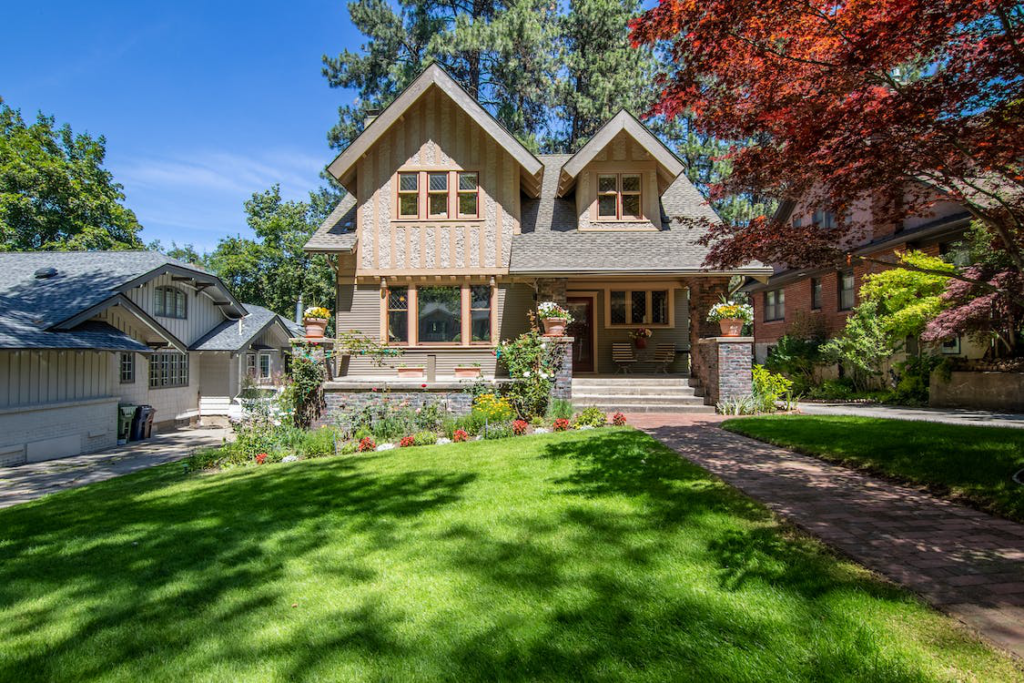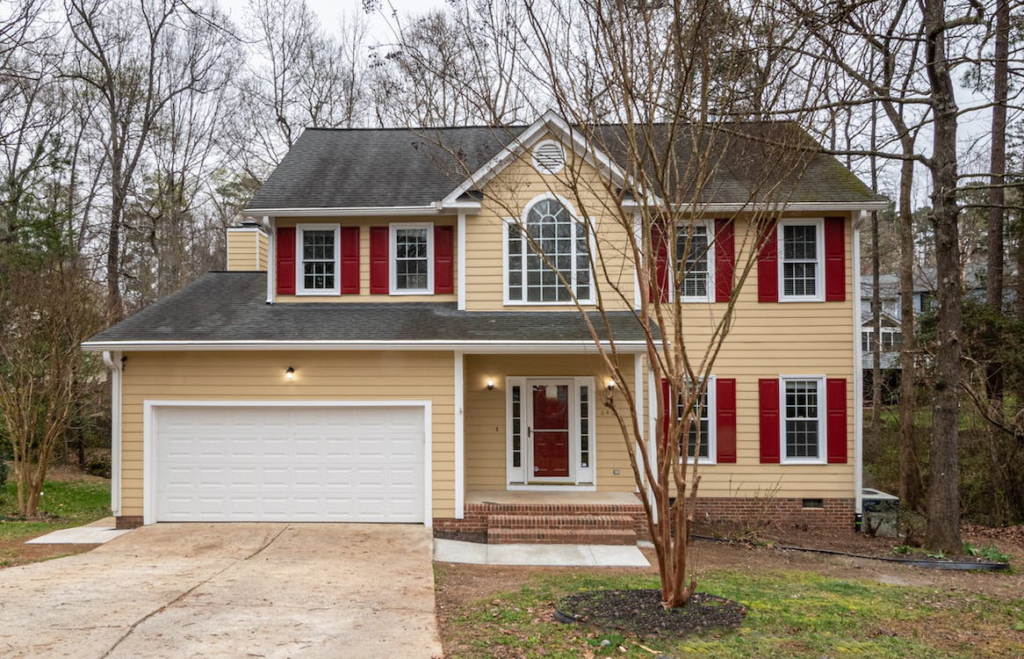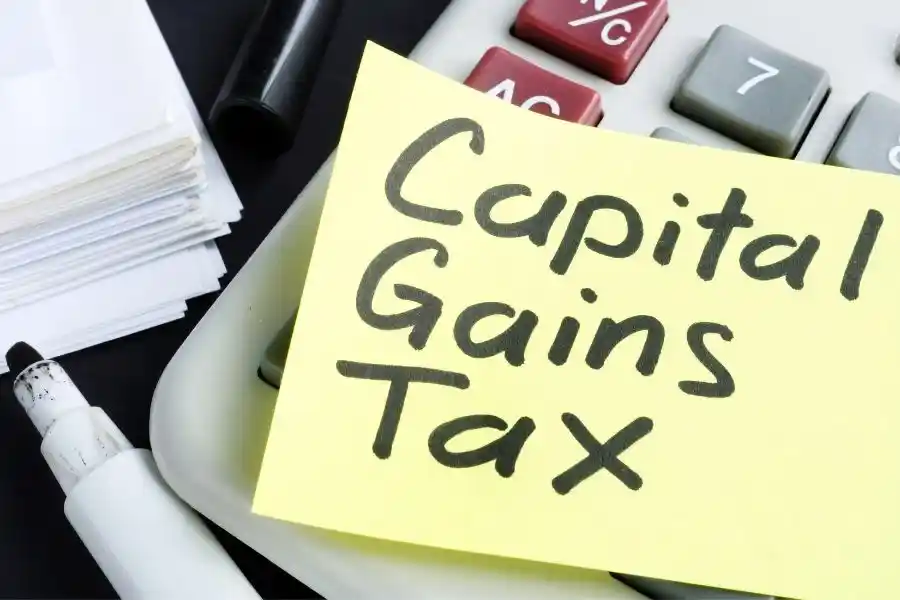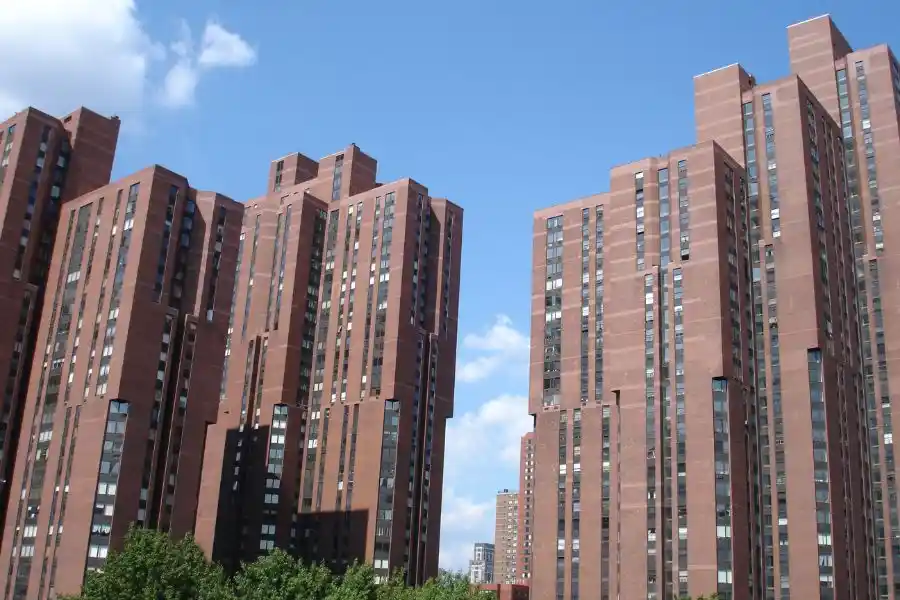Finding a house in NYC can be as daunting as it is exciting. The mere thought of starting your journey to secure your own space in the city that never sleeps can send shivers down your spine.
But fear not! We’re here to guide you through this labyrinthine process with our creative to-do list, courtesy of The New York City Broker. Get ready to embark on a thrilling adventure as we help you unravel the secrets to finding your dream home in the heart of the Big Apple.
Setting Your Financial Compass: How to Budget for Your First Apartment
Before you start exploring neighborhoods and skimming through real estate listings, it’s crucial to set your financial bearings straight. NYC is notorious for its high living costs, so it’s vital to have a realistic budget in mind. Here’s your first task on the to-do list:
1. Calculate Your Budget
Determine how much you can afford to spend on rent or a mortgage. Remember to factor in utilities, transportation, groceries, and other monthly expenses. A good rule of thumb is not to spend more than 30% of your income on housing.
2. Save for the Down Payment
If you’re planning to buy an apartment, start saving for a down payment. NYC apartments don’t come cheap, and a substantial down payment can significantly reduce your monthly mortgage payments.

3. Credit Check
Check your credit score and make sure it’s in good shape. A higher credit score can help you secure a better mortgage rate and make you a more attractive candidate for renting.
4. Explore Rental Options
In a city with diverse housing choices, consider renting initially. It provides more flexibility while you familiarize yourself with NYC’s neighborhoods and your long-term preferences.
5. Create a Contingency Fund
NYC life can be unpredictable, so building a contingency fund for unexpected expenses, like repairs or medical bills, is a smart financial move. Aim for an amount equivalent to at least three months of living expenses.
The Thrill of the Hunt: Finding a House in NYC
NYC is a diverse mosaic of neighborhoods, each with its unique charm and character. Finding the perfect fit for your lifestyle and preferences can be exhilarating. Here’s what you need to do:
1. Define Your Priorities
Make a list of what’s most important to you in a neighborhood. Is it proximity to work, a short commute, great schools, or vibrant nightlife? Knowing your priorities will narrow down your search.

2. Engage a Real Estate Agent
Consider enlisting the services of a trusted real estate agent, like those at The New York City Broker. They have insider knowledge of the market, can show you exclusive listings, and can help you navigate the complexities of NYC real estate.
3. Explore the Neighborhoods
Take the time to explore different neighborhoods. Walk the streets, visit local businesses, and talk to residents to get a feel for the area.
4. Attend Open Houses
Attend open houses to get a closer look at potential homes. Pay attention to details like natural light, storage space, and the overall condition of the property.

5. Determine Your Deal-Breakers
Alongside your list of priorities, create a list of deal-breakers. These are non-negotiable factors that you cannot compromise on when selecting a neighborhood or property. It will help you filter out options that don’t align with your essential requirements.
The Financial To-Do List for Buying an Apartment
If you’re leaning towards buying an apartment, you’ll need to tick off a few more items on your financial to-do list:
1. Get Pre-Approved for a Mortgage
Before you start your search in earnest, get pre-approved for a mortgage. This not only helps you understand your budget better but also shows sellers that you’re a serious buyer.
2. Factor in Closing Costs
Be prepared for closing costs when buying an apartment. These can include attorney fees, inspection fees, and taxes. Make sure you have enough set aside to cover these expenses.
3. Plan for Monthly Maintenance
Many co-op and condo buildings in NYC have monthly maintenance fees. Include these fees in your budget calculations.
4. Hire a Real Estate Attorney
When you’re ready to make an offer, hire a real estate attorney to review contracts and protect your interests.
5. Navigating the Co-op vs. Condo Dilemma
Buying an apartment in NYC often involves choosing between co-op and condo units. Each has its pros and cons, so let’s explore this crucial aspect of your financial to-do list in more detail.

Ready to Start Your NYC House Hunt?
Now that you’ve armed yourself with a comprehensive to-do list, it’s time to dive headfirst into the exhilarating world of finding a house in NYC. Remember, The New York City Broker is here to guide you every step of the way. Reach out to us today, and let’s turn your dream of owning a piece of the Big Apple into a reality.
Visit The New York City Broker’s website to explore our exclusive listings and gain insights into property valuation in NYC. Contact us now to get started on your journey.












